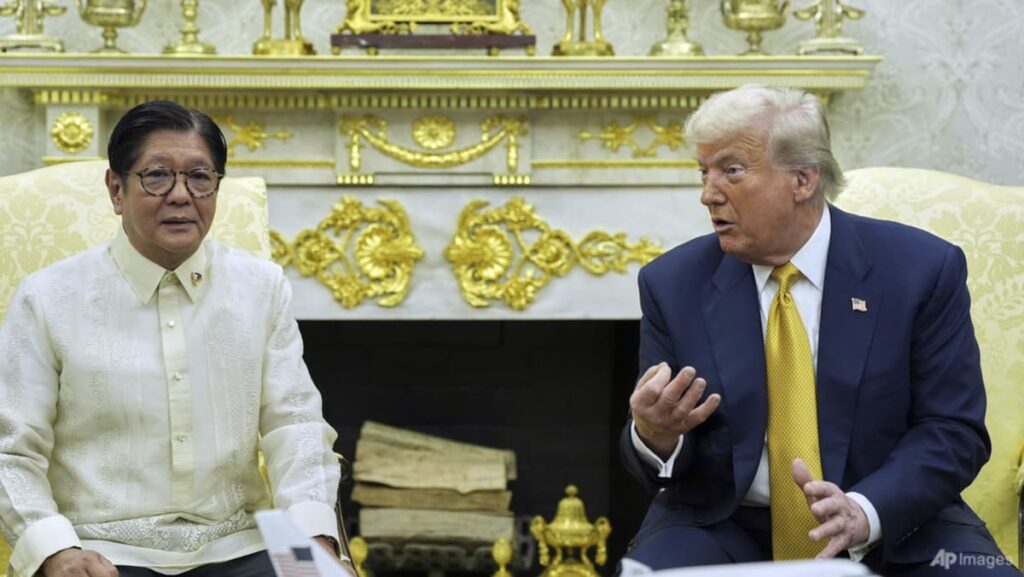BEIJING/SHENZHEN: First, Vietnam and Indonesia. Now, the Philippines and Japan.
As the United States strikes a wave of trade deals across Asia, offering lower tariffs to key partners, analysts say Beijing may be pushed to respond, whether by deepening engagement with non-Western partners or showing greater flexibility in talks with traditional ones.
This includes the European Union (EU), which is set to hold a high-level summit with China in Beijing on Thursday (Jul 24). While some Chinese businesses in Europe are hoping for meaningful outcomes, observers caution that longstanding sticking points, such as industrial overcapacity and unequal market access, could limit progress.
“There may be some low-lying branches that the EU and China may reach for. Those would be a bonus for the bilateral relationship,” Lim Tai Wei, an East Asian affairs observer and professor at Soka University’s business faculty, told CNA.
Still, analysts say China is under growing pressure from Washington’s economic manoeuvres in Asia.
“Pressure on the PRC (People’s Republic of China) will come in the form of exports from other economies being more competitive,” Chong Ja Ian, associate professor of political science at the National University of Singapore (NUS), told CNA.
Observers say Beijing is likely to be especially wary of clauses in the US trade deals that could directly or indirectly undermine its export interests. One example is the US-Vietnam agreement, which imposes far steeper tariffs on goods identified as being transshipped.
The Trump administration’s transshipment clause is aimed at Chinese firms that use countries in Southeast Asia as conduits for their products to avoid higher US tariffs.
ART OF THE DEAL
The US under President Donald Trump has been securing bilateral trade agreements across Asia, part of its wider “reciprocal tariff” strategy that rewards compliance with lower duties while penalising countries that do not play ball.
As of Wednesday, Japan, the Philippines, Vietnam, and Indonesia have all reached deals that reduce the tariff threats they initially faced, while deepening trade and investment ties with the US.
Trump announced the latest deals with Tokyo and Manila on Tuesday, just over a week ahead of his Aug 1 deadline. Japan will face 15 per cent duties, down from 25 per cent, alongside a sweeping investment commitment into the US worth more than US$550 billion.
In a post on his Truth Social media platform, Trump hailed the deal with Japan as “massive”, claiming the US would receive “90 per cent of the profits”.
“This deal will create hundreds of thousands of jobs – There has never been anything like it,” he wrote.
Meanwhile, the Philippines secured a 19 per cent tariff rate, a touch below the 20 per cent levy floated earlier this month. The announcement followed a meeting between Trump and Philippine President Ferdinand Marcos Jr at the Oval Office.
Read the full article here
